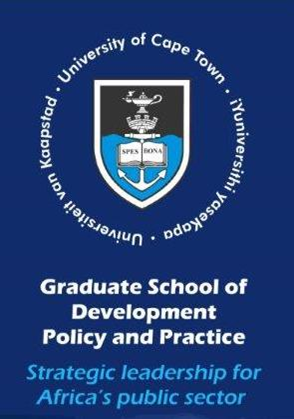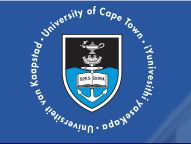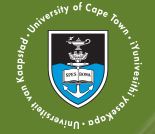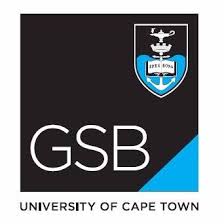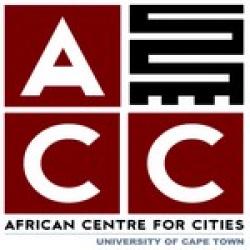Many of ACDI's institutional members offer Honours and Masters degrees in different domains of climate and development. These can be taught coursework-based programmes (usually with a mini-dissertation) or Dissertation-only programmes. Below is the wide array of climate change based Honours and Masters courses offered at UCT.
Honours in Environmental & Geographical Science at the UCT
Students with a completed undergraduate three-year degree may apply to this honours programme through the Faculty of Science or the Faculty of Humanities. Two different honours degrees are offered based on specialisations: Environmental and Geographical Science, or Atmospheric Science.
Entry into this honours programme is quite competitive. Interested students are advised to check the deadlines and submit all required materials on time. More information about this degree can be found on the Honours modules page which can and might include a climate change topic.
Taught/Coursework Masters
-
ACDI Masters
Global climate change presents daunting and exciting challenges, especially for the developing world, where traditional routes to development are at odds with the need for a low carbon economy. At the same time, building resilience to climate change and variability is fundamental to sustainable development and prosperity. A transdisciplinary approach that integrates the biophysical, technological, socio-economic sciences and the humanities is required to successfully engage with these challenges. South Africa is well positioned to engage with these issues given that it's a developing country with good technology and infrastructure, yet it is also an economy in transition and is home to less-developed communities. Thus, it provides a microcosm of the developing world’s social, environmental, and economic development issues. Based in South Africa, the ACDI's full-time, one-year taught Master’s (MSc/MPhil) course provides interdisciplinary training in climate change and sustainable development, with a focus on the issues of relevance to African development.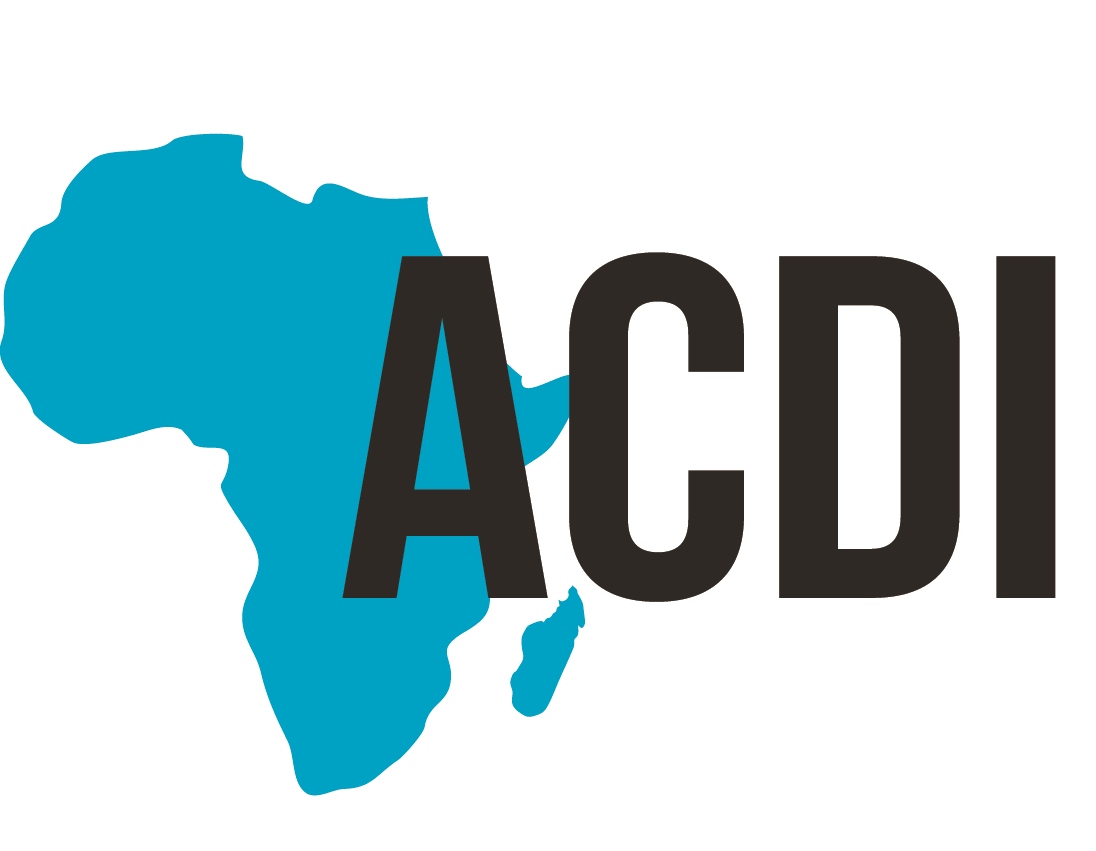
-
Applied Ocean Sciences
The Marine Research Institute convenes a Masters degree in Applied Ocean Sciences. The course is intended for professionals interested in working in the field of applied marine science. The course is designed for both recent graduates as well as those with several years’ experience who wish to gain skills to operate in the ocean services sector, with a focus on operational and conservation activities, food, water quality, recreation preservation and other aspects of the Blue Economy.
-
Development Policy and Practice
the Graduate School of Development Policy and Practice MPhil programme develops your potential in strategic public leadership and offers a structured and sustained learning opportunity, at the cutting edge of global knowledge and experience. Participants undertake applied research in public policy design and implementation. The Cape Town based course is offered on a part-time basis with four two-week intensive blocks, run over two years. The goal of the MPhil is to equip participants with a new set of skills to enhance their capabilities as strategic leaders in the public sector, civil society or international organisations.
-
Environmental Humanities
-
Environmental Law / Marine and Environmental Law
Institute of Marine and Environmental Law currently offers a broad array of postgraduate qualifications specialising in Environmental Law or Marine & Environmental Law. These postgraduate qualifications include: LLM Degree; MPhil Degree; LLM Professional Degree; and Postgraduate Diploma.
-
Environment, Society and Sustainability
The department of Environmental and Geographical Science currently offers an MPhil in Environment, Society and Sustainability. .This 18-month programme is aimed at students with no prior experience in Environmental and Geographical Science, providing training in Environmental Management theory and practice. Students with an Honours degree in any discipline other than Environmental and Geographical Science may apply for entry into this programme.
-
Inclusive Innovation
This MPhil offered by UCT's Graduate School of Business specialises in Inclusive Innovation, and is an interdisciplinary, research-based degree that leads to the development of novel and sustainable solutions for social challenges. It takes like-minded visionaries on a rich learning journey, who spend a year working both individually and with others where expertise, life experience, passion and innovation converge to support new possibilities and ideas.
-
Southern Urbanism
African Centre for Cities hosts a Masters in Southern Urbanism aimed at fostering the next generation of urban scholars from Africa rooted in Southern city perspectives. The full-time, 18-month MPhil curriculum combines course work (50%) and a minor dissertation (50%). The language of instruction is English. In year one students complete the Masters coursework, which includes a compulsory City Research Studio, a choice of two of three interdisciplinary urban modules, and an urban-focused elective.
Dissertation Masters
Please note that most UCT departments offer Masters by Dissertation and occasionally these may be part of a larger research programme. Please contact the department you are interested and look out for opportunities as they arise
-
Environmental and Geographical Science
Students may enrol for this Masters in Environmental & Geographical Science through the Faculties of Science or Humanities. They will be expected to conduct research under the supervision of a member of staff within the Department of Environmental and Geographical Science. Students will only be admitted to study if an academic staff member can support their proposed research. Therefore, please use the departmental website to access information about the various research interests and staff in the department.

